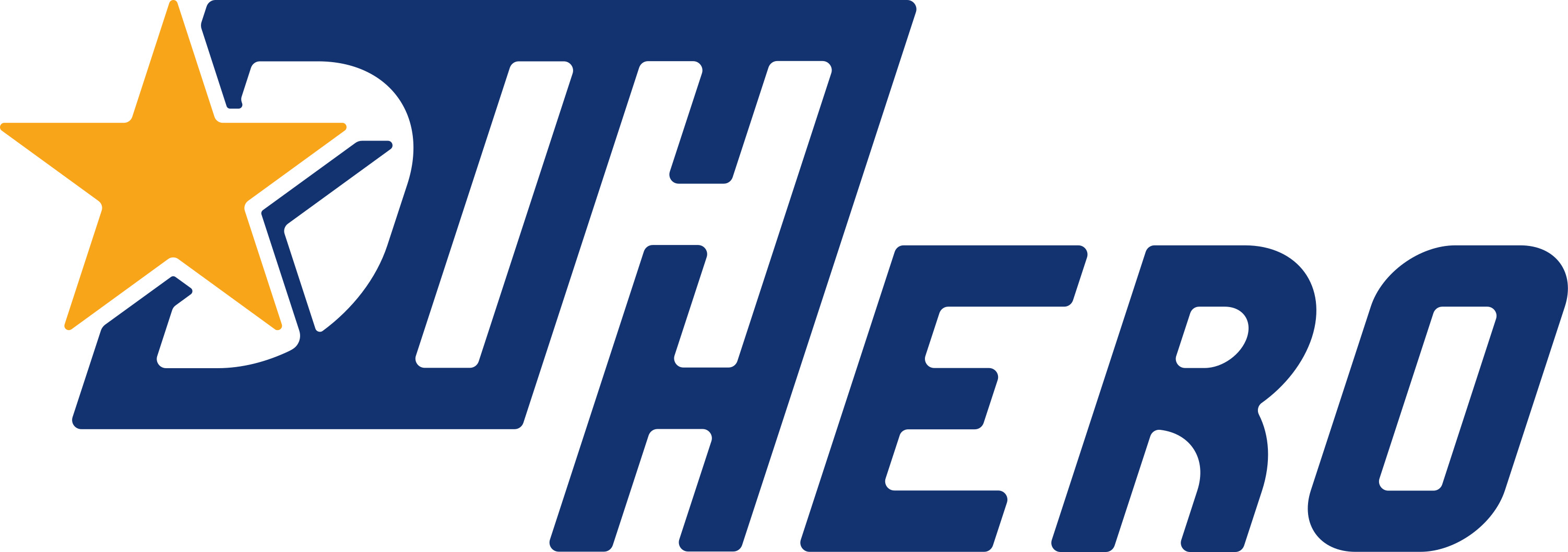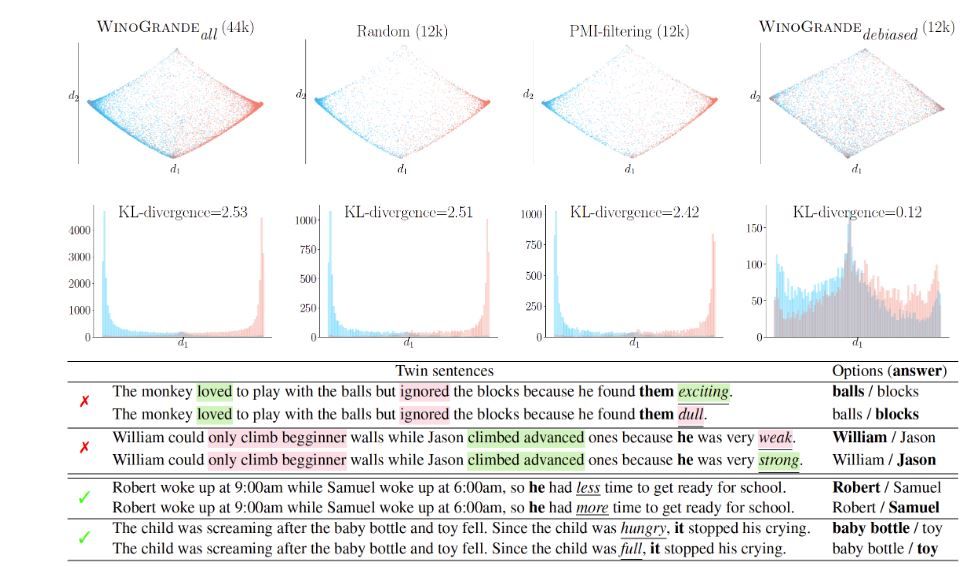This page is currently being updated. Please consider this provisional version. June, 2020

DIGITAL INNOVATION HUBS IN HEALTHCARE ROBOTICS
DIH-HERO is an independent platform which connects Digital Innovation Hubs across Europe to create a sustaining network for all those who are active in the healthcare robotics sector. The project consortium consists of 17 core partners spread across 11 pan-European countries. The entire healthcare sector but particularly Europe offers a high potential for the development of robotic technologies. The reason lies amongst other in the numerous industrial locations in Europe, in the medical advancement and in the needs of an aging society. The principle barriers for an even faster development of robotics solutions are still high development costs and quiet diverted national regulations. Meanwhile the global market requires quick innovation. DIH-HERO is supported by the European community for four years beginning on January 2019 with 16 Mio € of which 8 Mio € will be invested into DIH-HERO own calls (link to calls) for SMEs. Then from January 2023 and further DIH-HERO will stand on its own as healthcare network. Our online portal for network members is offering services to facilitate collaboration on various innovations and sharing best practices to help the industry in efficient product development. By connecting business and healthcare stakeholders DIH-HERO enables them to develop innovative products and services for the healthcare market.

AI4EU
The activities of the AI4EU project include:
- The creation and support of a large European ecosystem spanning the 28 countries to facilitate collaboration between all Europeans actors in AI (scientists, entrepreneurs, SMEs, Industries, funding organizations, citizens…);
- The design of a European AI on-Demand Platform to support this ecosystem and share AI resources produced in European projects, including high-level services, expertise in AI research and innovation, AI components and datasets, high-powered computing resources and access to seed funding for innovative projects using the platform.
- The implementation of industry-led pilots through the AI4EU platform, which demonstrates the capabilities of the platform to enable real applications and foster innovation.
- Research activities in five key interconnected AI scientific areas (Explainable AI, Physical AI ,Verifiable AI, Collaborative AI, Integrative AI), which arise from the application of AI in real-world scenarios.
- The funding of SMEs and start-ups benefitting from AI resources available on the platform (cascade funding plan of €3m) to solve AI challenges and promote new solutions with AI.
- The creation of a European Ethical Observatory to ensure that European AI projects adhere to high ethical, legal, and socio-economical standards.
- The production of a comprehensive Strategic Research Innovation Agenda for Europe,
- The establishment of an AI4EU Foundation that will ensure a handover of the platform in a sustainable structure that supports the European AI community in the long run.

Timestorm
Key Achievements:
- Neuro-psychological investigation of brain mechanisms devoted in the processing of time successfully completed and key findings have provided guidelines for the implementation of computational models.
- The integrated consideration of the novel experimental protocols studied in TimeStorm has introduced several alternative views on time investigation and revealed new theoretical explanation of temporal cognition mechanisms.
- Early integration and embodiment of partial models have been already achieved and the beneficial effect of robotic temporal cognition on human-robot synergies and time-critical multi-agent scenarios has been demonstrated.
- A new FET-funded project, namely ΕNΤΙΜΕΝΤ has recently commenced in order to verify and substantiate the innovation potential of key TimeStorm research results turning them into a genuine social and economic innovation.

Grover Fake News
Our goal is to reliably detect this “neural fake news” so that its harm can be minimized. To study and detect neural fake news we built a model named Grover. Our study presents a surprising result: the best way to detect neural fake news is to use a model that is also a generator. The generator is most familiar with its own habits, quirks, and traits, as well as those from similar AI models. Our model, Grover, is a generator that can easily spot its own generated fake news articles, as well as those generated by other AIs. In a challenging setting with limited access to neural fake news articles, Grover obtains over 92% accuracy at telling apart human-written from machine-written news.

NL4XAI
NL4XAI will train 11 creative, entrepreneurial and innovative early-stage researchers (ESRs), who will face the challenge of making AI self-explanatory and thus contributing to translate knowledge into products and services for economic and social benefit, with the support of Explainable AI (XAI) systems. Project consortium consists of 10 beneficiaries and 7 partner organizations.

Z-inspection
We at the Frankfurt Big Data Lab at the Goethe University of Frankfurt, together with a team of international experts are working on the definition of an assessment process for Ethical AI, that we call Z-inspection. We decided to go for an open development and incremental improvement to establish our process and brand (“Z Inspected”). We are assessing right now, as a test to our assessment process, a AI-based product in healthcare (cardiology) cardis.io.

StandICT.Eu
Through a series of 8 Open Calls and a continuous cascading grants process (grants are up to 8,000€ per expert), launching in March 2018, StandICT.eu will provide support for European experts to make a contribution to ongoing standards development activities, attend SDO and SSO meetings.

WinoGrande
The Winograd Schema Challenge (WSC) (Levesque, Davis, and Morgenstern 2011), a benchmark for commonsense reasoning, is a set of 273 expert-crafted pronoun resolution problems originally designed to be unsolvable for statistical models that rely on selectional preferences or word associations. However, recent advances in neural language models have already reached around 90% accuracy on variants of WSC. This raises an important question whether these models have truly acquired robust commonsense capabilities or whether they rely on spurious biases in the datasets that lead to an overestimation of the true capabilities of machine commonsense.

OpenAI
“OpenAI’s mission is to ensure that artificial general intelligence (AGI)—by which we mean highly autonomous systems that outperform humans at most economically valuable work—benefits all of humanity. We will attempt to directly build safe and beneficial AGI, but will also consider our mission fulfilled if our work aids others to achieve this outcome”.

AI Commons
AI Commons is a nonprofit organization supported by the ecosystem of AI practitioners, entrepreneurs, academia, NGOs, AI industry players and organizations/individuals focused on the common good. The organization has gathered the best minds in academia, industry, and though leaders in AI to support the creation of a knowledge hub in AI that can be accessible by anyone, that can help inform governance, policy making, and investments around deployment of AI solutions, and be a catalyst for supporting diversity and inclusivity in how AI is deployed for sustainable development goals.